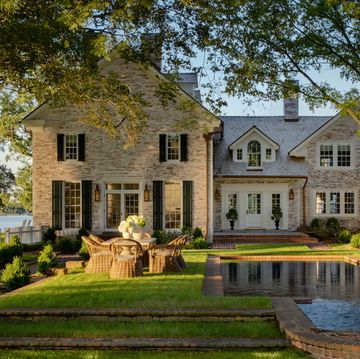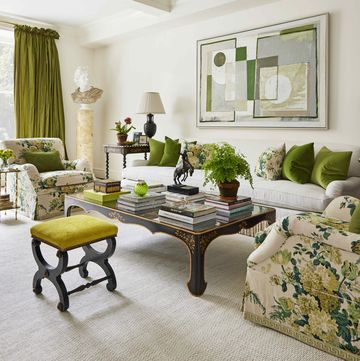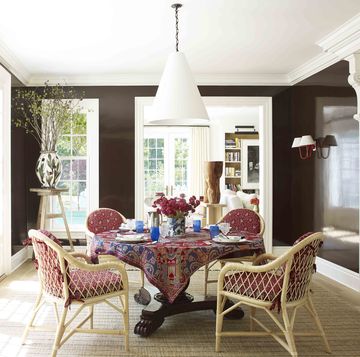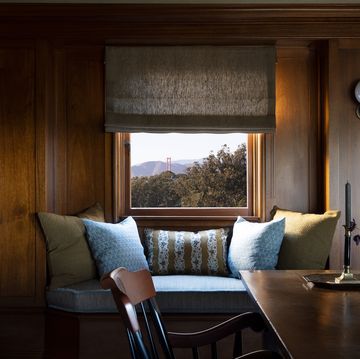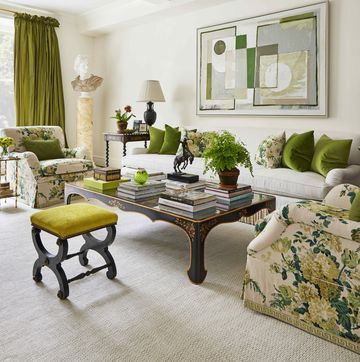It’s no secret that the location of your home can affect its resale value—but we were curious if the design choices we make could add or detract value from our homes. Spoiler alert: They can. Connie Rogers, a private wealth management leader for Regions in the Dallas-Fort Worth area, says that “wealthy individuals’ homes and vacation homes are a significant part of their overall net worth,” and we should be treating them as such.
While we’re all about personalizing our homes with special architectural details, fabulous decor, and bespoke art, Rogers cautions that “homes are not just financial assets, they’re also emotional assets.” Translation? That statement wallpaper you love may not be as appealing to the next buyer. Here are eight things that can add or detract from your home’s value, according to Rogers.
Adding Another Room
Rogers says that “adding a new living space or full bathroom, on average, can add a 5% value” to your home, citing data from Opendoor. She adds, “Depending on where you live and the size of your current home, if you’re in a little two bedroom and you want to add a third bedroom, that can be really beneficial.” But if you’re in a six-bedroom home, you probably don’t need to add another bedroom (unless that’s what suits your family’s needs and it’s your forever home).
More From Veranda
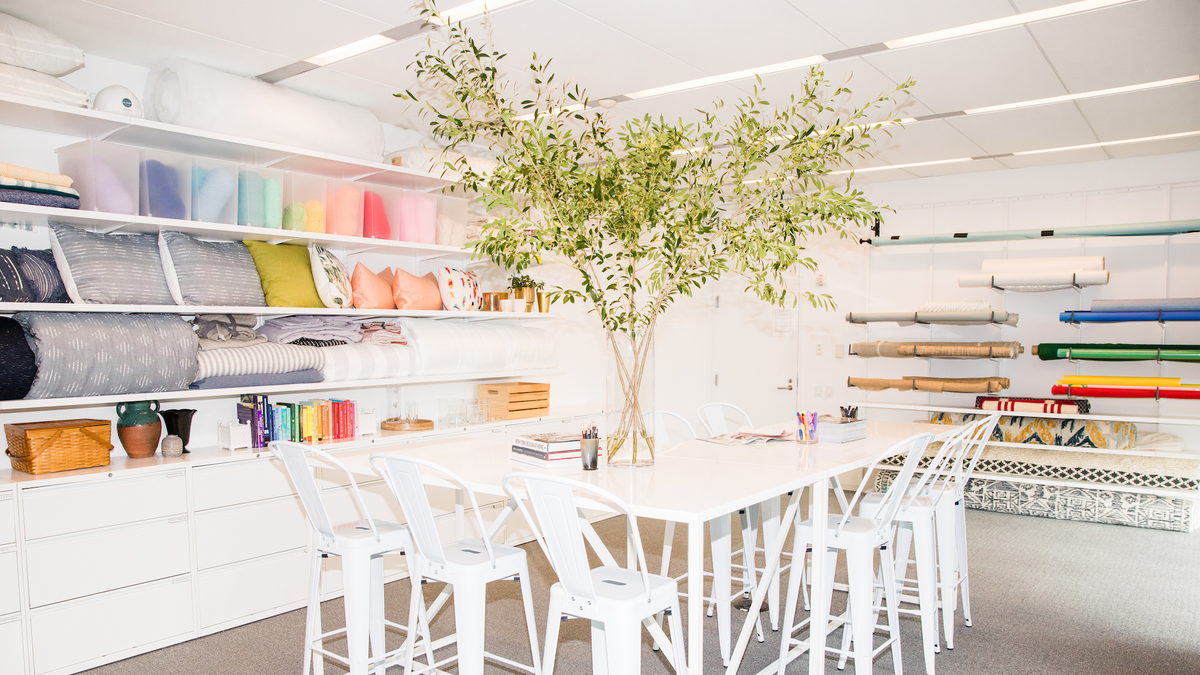
Massive Renovations
Rogers says that she sees plenty of high-net-worth clients who take on large home renovation projects and overbuild for their neighborhood. She says, “When they go to sell and maybe downsize or their estate is being settled, they have a $2 million home and all the homes around it are selling for $800,000.” She adds, “That can definitely hurt the resale value of your home. You really need to look at your neighbors and make sure you’re not too far over what they have, so you don’t get discounted for your neighborhood.”
A Theater Room
Rogers says that adding a theater room to your home can be a double-edged sword. On one hand, an additional living space adds value, but she says that “electronics age out really fast,” which can make your home look dated and less appealing to buyers. So, if you must add a movie theater in your home, please “no built-ins,” Rogers urges.
Pool
“A pool definitely adds value to a home,” according to Rogers, but there are a few things to consider to make sure you don’t end up losing money on your investment. First, she recommends “keeping within the price range of your neighborhood and not drastically overbuilding for your neighborhood.”
So if you live in a quaint historical cottage, you probably don’t want to install an Olympic-sized pool in your backyard. Another tip? Pools can pay dividends in warmer climates like Florida, but not so much in colder locales like Montana. Rogers says, “In warmer climates, installing a pool can add over 7% [to your home’s value]. In somewhere where the cost of upkeep is out of the ordinary or exorbitant, or you’re not in a warm climate, that can actually detract value from your home.” Her rule of thumb? If you can use your pool comfortably for about half the year, it’s probably a sound investment.
Finished Basements
In places like the southeast U.S., basements are not very common, but in homes located in colder climates, Rogers says finishing your basement “can increase your home’s value by 6% to 7%.” What exactly is a finished basement? Essentially, it’s a space that’s habitable and designed to look like the rest of the home (so it has finished floors, a ceiling, and proper heating and cooling systems).
Over-Personalizing Your Home
We get it: You deserve to love your home, so you want it to suit your design taste (after all, how boring would life be if we all lived in the same, builder-grade house with sad beige walls?). That said, if you make super-bold design choices (say, fire engine red walls and elaborate wallpaper in every room), that can make it harder to sell your home. Rogers says, “Unless your taste happens to tug the heartstrings of that potential buyer, people think ‘I’m going to have to change that,’ which costs time and money—and creates a negative.”
Sunrooms
Sunrooms seem like a lovely addition to a home (who wouldn’t enjoy drinking an iced tea in a warm room surrounded by blooming flowers?), but Rogers says they don’t necessarily add value to your home. She says, “While it’s not a negative for resale value, you’re typically not going to get value back.”
Garage Gyms
Rogers cautions that you shouldn’t turn your garage into a gym if you’re trying to sell your home. She says, “Converting your garage into a home gym can pull down resale value, since most of us want to pull into a garage and have a space to park our vehicles.” So unless you can pack up your barbells and yoga mats when you move out, don’t make any permanent changes to that space.




